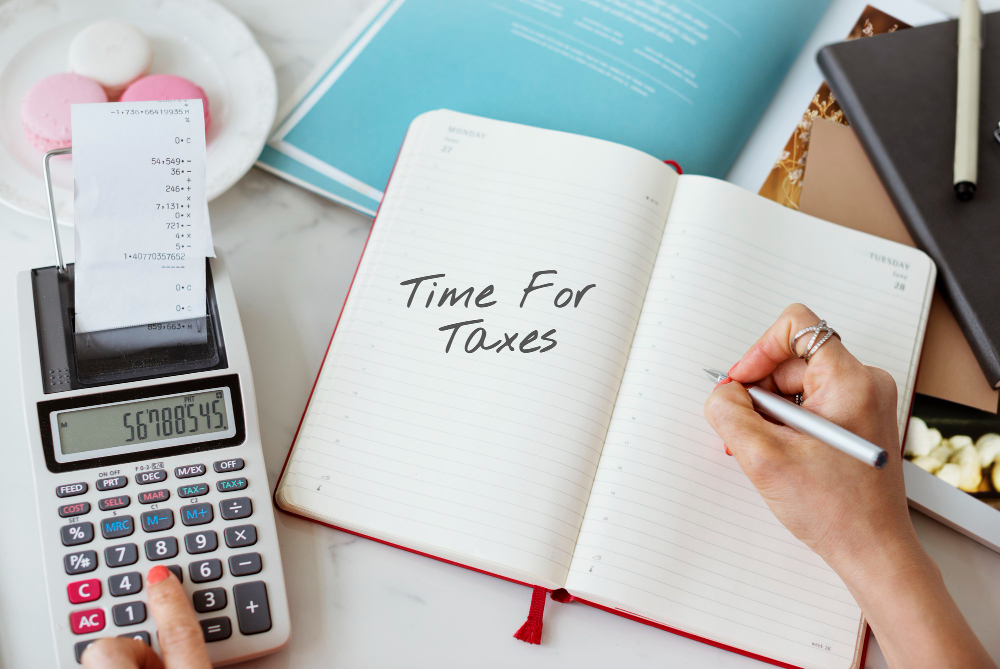Understanding tax deductions is crucial for small business owners in Australia. By claiming eligible expenses, businesses can reduce their taxable income and ultimately pay less tax. However, knowing what deductions you can claim—and ensuring compliance with the Australian Taxation Office (ATO)—is essential. Here’s a guide to the most common tax deductions for small businesses.
1. Operating Expenses
Most everyday business expenses are tax-deductible, including:
- Office rent and utilities
- Phone and internet costs
- Stationery and office supplies
- Advertising and marketing expenses
As long as these expenses are directly related to running your business, they can typically be claimed as deductions.
2. Work-Related Travel Expenses
If you travel for business, you may be able to claim expenses such as:
- Airfares, accommodation, and meals for work trips
- Car expenses, including fuel, registration, insurance, and servicing
- Public transport, taxis, and ride-sharing services used for business purposes
For vehicle-related expenses, you can use the cents-per-kilometre method or track actual expenses using a logbook.
3. Home Office Expenses
If you run your business from home, some of your household expenses may be tax-deductible. These include:
- A portion of electricity and internet bills
- Depreciation of office furniture and equipment
- Cleaning and maintenance costs
To claim these deductions, you must ensure your home office is used exclusively for business activities.
4. Employee Wages and Superannuation
If you employ staff, you can claim deductions for:
- Employee wages and salaries
- Compulsory superannuation contributions
- Fringe benefits and allowances
Superannuation contributions must be paid on time to qualify for deductions.
5. Depreciation of Business Assets
Businesses can claim deductions on assets used for work purposes, including:
- Computers, printers, and office furniture
- Machinery and tools
- Vehicles used for business
Under the temporary full expensing scheme, eligible businesses may claim an immediate deduction for the full cost of depreciating assets.
6. Professional Services and Training
Expenses related to business development and compliance are also deductible, including:
- Accounting and bookkeeping fees
- Legal services
- Business training and professional development courses
These deductions help businesses stay compliant and competitive in their industry.
7. Insurance Premiums
Certain business insurance premiums are tax-deductible, such as:
- Public liability insurance
- Professional indemnity insurance
- Workers’ compensation insurance
Insurance is a necessary cost of doing business, and claiming deductions can help lower expenses.
8. Bad Debts
If a client or customer fails to pay an invoice and the debt is considered uncollectible, you may be able to claim a deduction for the bad debt. However, you must show that you’ve taken reasonable steps to recover the money before writing it off.
9. Interest on Business Loans
If you have taken out a loan for business purposes, the interest payments may be deductible. This includes:
- Business loans
- Overdraft facilities
- Lines of credit
Ensure that these loans are used exclusively for business purposes to qualify for deductions.
10. Software and Subscriptions
Many businesses rely on software and online services to operate. Deductible expenses include:
- Accounting software (e.g., Xero, MYOB, QuickBooks)
- Business-related app subscriptions
- Website hosting and domain registration
Keeping Records for Tax Deductions
To ensure compliance with the ATO and maximize deductions, small businesses should:
- Keep all receipts and invoices for expenses
- Use accounting software to track deductions
- Consult an accountant to identify all eligible deductions
Conclusion
Claiming tax deductions can significantly reduce the amount of tax your small business needs to pay. By keeping accurate records and understanding what expenses qualify, you can make the most of your deductions while staying compliant with tax regulations. If you’re unsure about any deductions, speaking with a tax professional can help you optimize your tax savings.

